Bachelor of Arts
Duration: 3 years
Intake: Semester one and Semester two
Bachelor of Communications
Duration: 3 years
Intake: Semester one
Bachelor of Global Studies
Duration: 3 years
Intake: Semester one
Majors available in this programme:
- Academic English Studies and Linguistics
- Anthropology
- Art History
- Asian Studies Chinese
- Classical Studies and Ancient History
- Communication (Major)
- Communication (Specialisation)
- Criminology Drama
- Economics Education
- Employment Relations and Organisation Studies
- English European Studies
- French Gender Studies
| - Geography German Greek
- History Italian Japanese
- Korean Latin Linguistics
- Logic and Computation
- Mathematics Media, Film and Television Music
- Māori Studies
- Pacific Studies Philosophy
- Politics and International Relations
- Psychology Sociology
- Spanish
- Statistics TESOL
- Theological and Religious Studies
|





